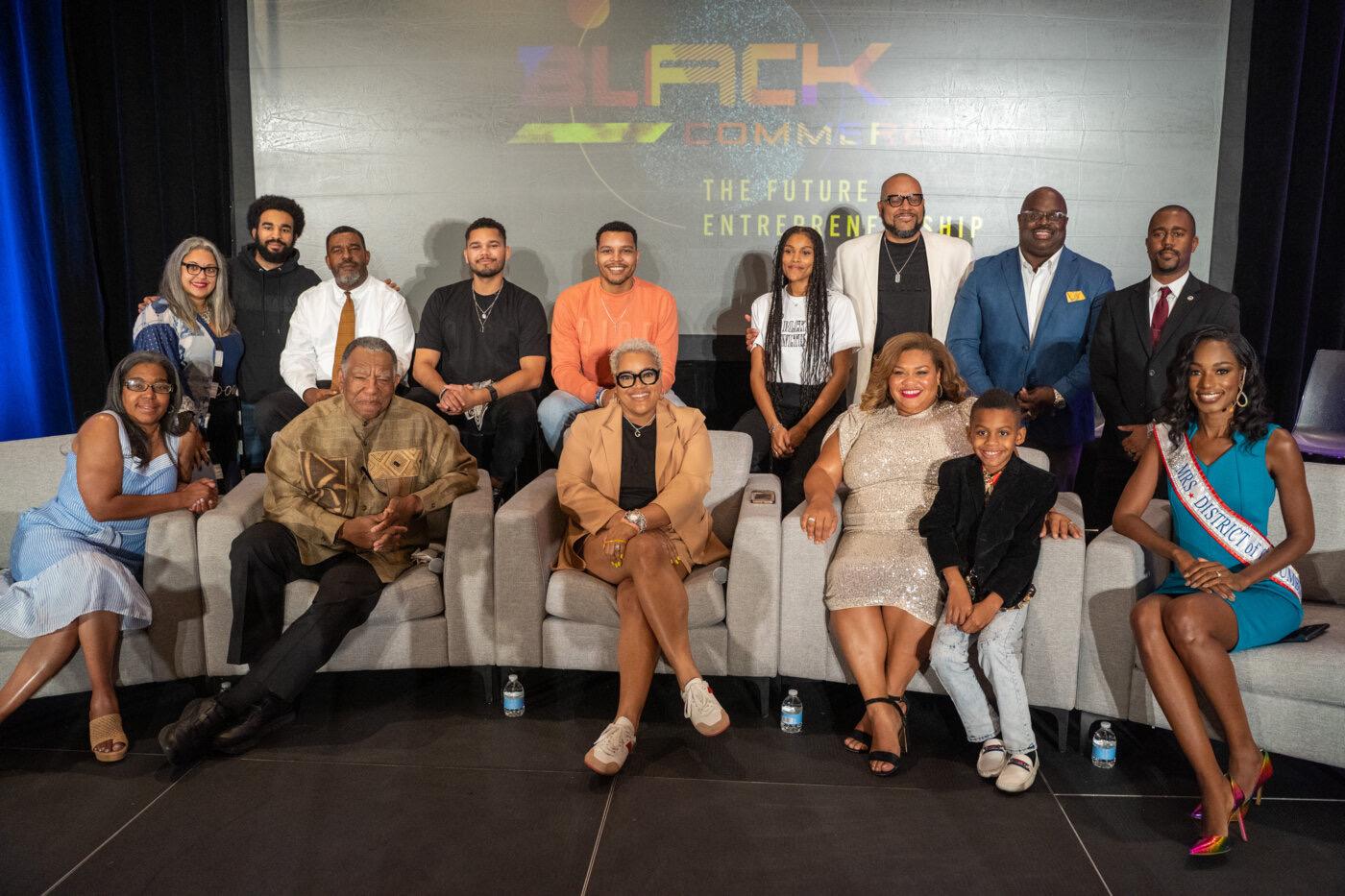Job seeker demand for greater flexibility is leading to a boost in part-time employment in nontraditional roles like HR, marketing, and media, as more workers look to tailor their work to better fit their own lifestyles. According to new research from Indeed, the share of part-time openings has climbed since 2022 while full-time openings stayed flat, and this trend is evident across most industries. In marketing roles, the share of postings for part-time jobs rose 10 percentage points over the past two years, while those in media rose nearly 9 percentage points, according to the hiring platform.
The increase in part-time work in traditionally white-collar industries is allowing employers to attract talented workers who may not be able to work in other arrangements. It also enables companies to keep labor costs down while still employing highly knowledgeable and experienced staff, experts say. Daniel Culbertson, a senior economist at Indeed, who led the research, believes that the rise in part-time work isn’t just a temporary post-pandemic shift but rather a more stable trend that is likely to continue.
Kathryn Byberg, founder and CEO of Little Leaf Agency, is one example of a business owner who has embraced part-time staffing. Her agency, which specializes in sexual wellness communications, has 16 employees, with only six working full-time. Many of the part-time staffers are new mothers, working parents, or Gen Z employees with side hustles. Part-time arrangements vary, but most work either two or three days a week and are paid for the hours worked.
Byberg finds that taking on part-time staff works well for her business, providing more flexible and tailored schedules to staff while keeping costs down as a start-up. It has also allowed her to bring on talented and experienced PR professionals who aren’t currently able to work full-time roles. This approach has enabled the agency to develop its skill set and ensure that younger team members learn from industry experts, providing clients with the best service possible.
Indicate Media is another agency that has embraced part-time staff post-pandemic. The technology B2B PR agency has six full-time remote employees and four part-time staff who work on a freelance basis. Part-time staff typically work on specific campaigns or projects in roles such as technical writers, content developers, and media specialists. This approach allows them to focus on specific tasks and objectives, providing clarity and efficiency in their work.
The rise in freelancing opportunities post-pandemic has also contributed to the increase in part-time work. According to data from Revelio Labs, freelancing opportunities have exploded, rising 40% since 2019. The majority of freelancing is done as a side hustle today, with millennials being the largest share of workers who freelance in addition to their primary jobs. This generation has faced challenges such as stagnant wages, widening inequality, and rising living costs, leading many to take on multiple jobs, including freelance work, to make ends meet.
Overall, the shift towards part-time work in nontraditional roles like HR, marketing, and media reflects a growing demand for flexibility among job seekers. Employers are adapting to this trend by offering part-time opportunities that attract talented workers and allow for cost-effective staffing solutions. As the workforce continues to evolve, part-time employment is likely to remain a stable and valuable option for both employers and employees seeking a better work-life balance.


















